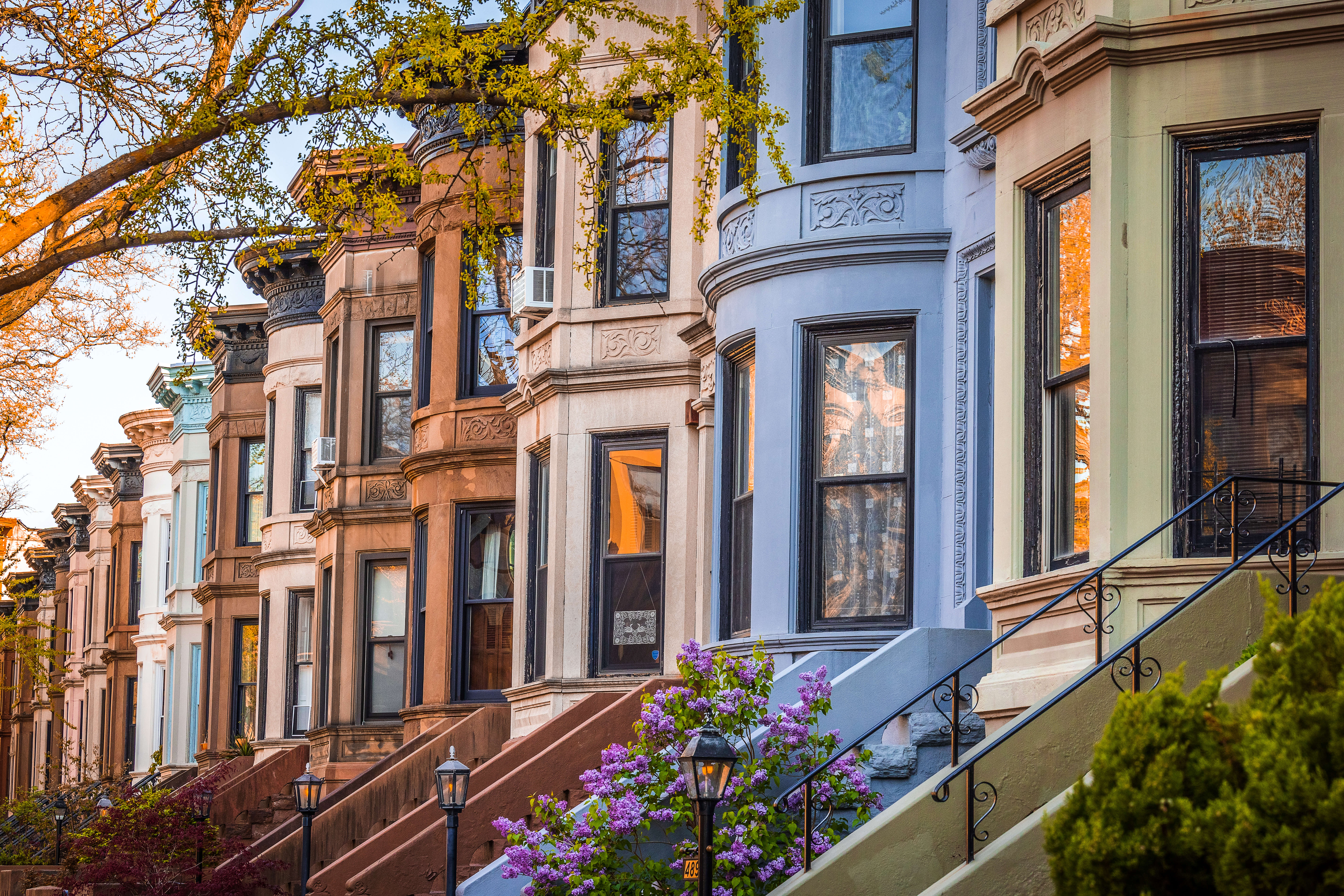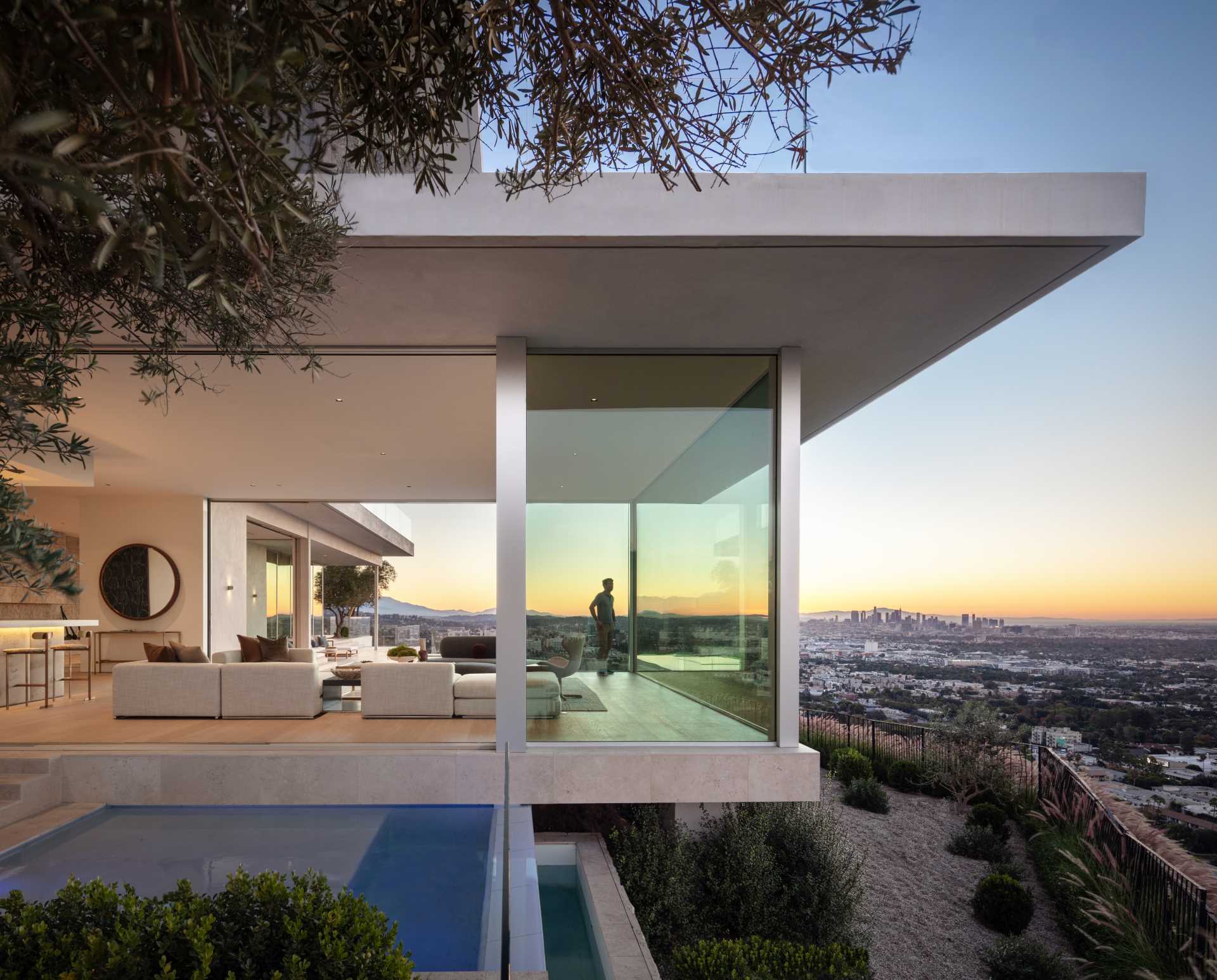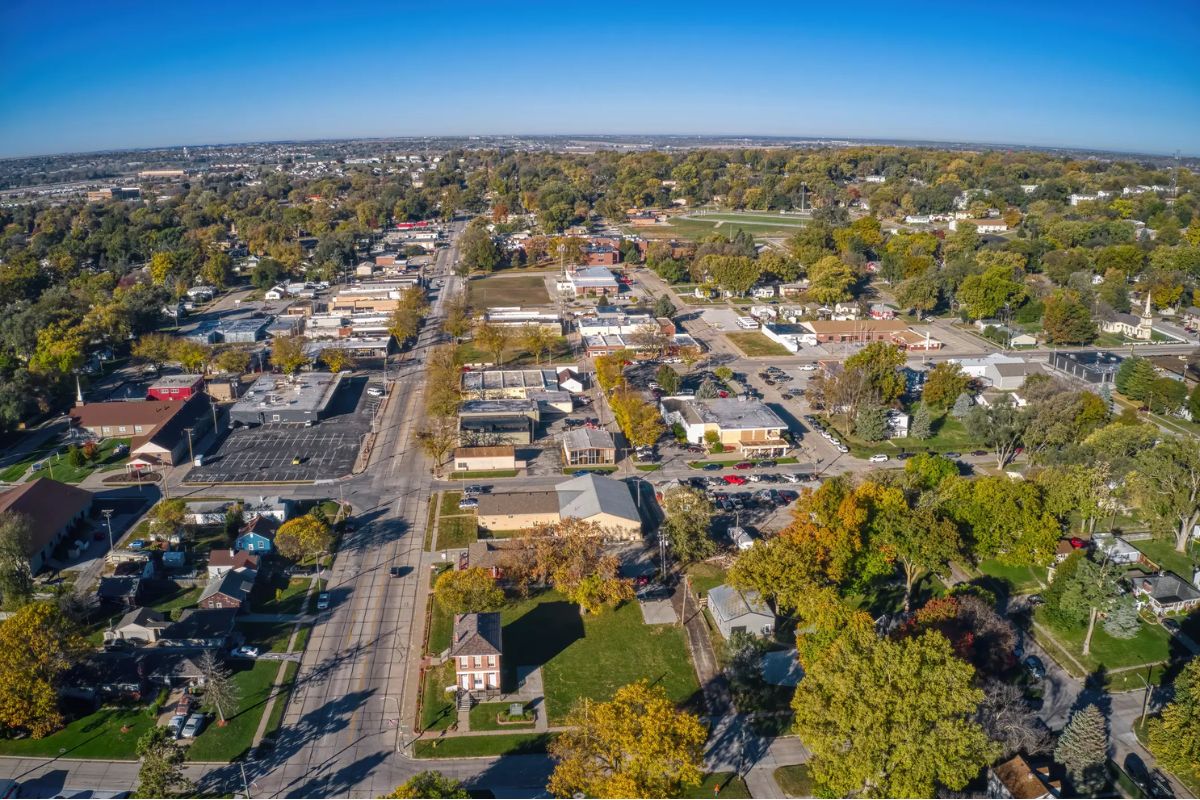Whether to rent or buy a home is one of the biggest financial decisions many Americans will face in their lifetime. While owning a home comes with tax benefits and the opportunity to build equity over time, it also requires coming up with substantial down payments and absorbing responsibility for maintenance and repairs. Renting, on the other hand, offers more flexibility but your monthly housing costs will largely go towards your landlord's mortgage instead of your own.
This article analyzes the costs of renting versus buying in five major US metro areas - New York City, Los Angeles, Chicago, Dallas, and Boston - to help shed light on which option makes the most financial sense depending on someone's location and individual situation. By comparing typical rents, home prices, property taxes, utilities, maintenance costs and more, readers can gain valuable insights into the true costs of each path in different housing markets across the country.
New York City
With its high-priced real estate and legendarily expensive rents, New York City presents a unique situation when weighing renting versus buying. The median home price in Manhattan is over $1.2 million, while the average monthly rent for a one-bedroom apartment is around $3,450 according to RentCafe. With those types of numbers, buying is really only an option for those with generous salaries and sizable down payments to afford the steep costs.

While the tax benefits of homeownership are substantial in high-tax states like New York, coming up with a 20% down payment of over $240,000 for the median home in Manhattan is out of reach for most. After accounting for additional costs like property taxes (around 1.5% of the home's value annually), typical maintenance fees of $800-$1,200 per month, utilities, and PMI if putting less than 20% down, monthly ownership costs easily top $6,000-$7,000 per month in the city.
Renters, meanwhile, pay lower monthly costs with more flexibility. Though paying someone else's mortgage, renters don't have to worry about repairs, taxes, or coming up with tens or hundreds of thousands for a down payment. Plus, cheaper rentals can occasionally be found in outer boroughs like Brooklyn and Queens. For those not planning to stay long-term or able to save up a huge down payment, renting makes the most financial sense in the Big Apple's exorbitantly high-priced property market.
Read more: Top 8 Largest Cities in New York 2024
Los Angeles
California's larger cities also present challenges in terms of affordability, but LA has relatively more options for homeownership compared to New York when looking at hard numbers. The median home price in LA County is $653,000 according to Redfin, with average rents for a one-bedroom sitting at $2,130 per month.

A 20% down payment of $130,600 is still a hefty sum but within reach of dual-income households or those with sizable savings. Total estimated monthly costs of owning, including mortgage payment, property tax (1.25% of value), home insurance, and HOA fees if applicable, come out to approximately $4,370. Utilities and maintenance are estimated at another $600 monthly.
Meanwhile, renting that $2,130 one-bedroom apartment means paying around $25,560 per year in rent, or almost $2,130 every month. After a few years, renters will have spent that much without building any long-term equity like homeowners. However, buying requires taking on more risk with larger monthly costs and responsibility for repairs. For those hesitant about committing or unable to afford LA's housing, renting retains its flexibility advantage in this market as well.
Chicago
Renters and buyers have a fairly balanced choice set in the Chicago housing market. The median home price is $289,000, at least hundreds of thousands lower than coastal cities. With a 20% down payment of $57,800, total ownership costs come to around $2,345 including mortgage payment, property taxes (1.81% average rate), insurance, and utilities. Average monthly rents for a one-bedroom are $1,650 in the city.
Though upfront buying costs are substantial, homeowners gain tax benefits and equity building once moved in. Strong appreciation trends have benefited Chicago buyers - the median price rose 5.6% year over year in 2022. Renters, meanwhile, pay slightly less monthly but their housing costs vanish without building wealth. For folks able to save a reasonable down payment, buying in Chicago offers tax advantages that can outweigh short-term higher costs of ownership. Starter homes remain within reach of middle-income residents.
Dallas
In fast-growing Dallas, owning gains appeal compared to many coastal hotspots for afforability reasons. The median home value is $327,000 according to Zillow, meaning a 20% down payment comes to $65,400 - far less daunting than major West Coast or Northeast cities. Average rents for one-bedrooms come in at $1,480 per month.
Estimated monthly ownership costs including a $2,500/month mortgage payment, $4,500 yearly property taxes, $150 homeowners insurance, and $300 utilities and maintenance, total around $3,040. Over 30 years, homeowners build hundreds of thousands in untaxed equity while renting that $1,480 apartment would cost $438,720 without ownership. Strong job growth and business relocations to Texas contribute to rising values as well.
Dallas stands out as one of the most buyer-friendly major metro areas given reasonable home prices, low property tax rates, and potential for long-term appreciation on investments. Mortgage rates remain affordable too. For those hoping to plant roots, the Lone Star State capital represents a lower barrier to achieving the American dream of homeownership.
Read more: Dallas vs Houston: Which Is Better To Live In?
Boston
Home values in Boston have soared along with other gateway East Coast cities. The median home is now listed at $725,000 according to Realtor.com data, necessitating a $145,000 down payment from potential buyers. Redfin reports the typical monthly rent for a one-bedroom apartment is approximately $2,700, but can run even higher downtown.
/cdn.vox-cdn.com/uploads/chorus_image/image/66574789/shutterstock_1116411101.0.jpg)
Accounting for a $4,500/month mortgage at current rates, $12,000 annual property taxes, $150 insurance, and $400 utilities/maintenance, owning would cost around $5,050 monthly before any potential tax savings. High home prices, taxes, and competition from wealthy coastal transplants push affordability well below more spread-out housing markets like Dallas.
Renting maintains advantages of lower ongoing costs in the short-term. However, over decades the tax deductions and equity earned from homeownership could outweigh the difference, especially if buying earlier and riding appreciation waves. Boston real estate has gained steadily, though high barriers to entry currently favor those with larger incomes and savings. Flexible renting suits others better until reaching homeownership milestones.
Conclusion
In summary, there is no universally right answer to renting versus buying that applies equally across all cities and situations. While some markets like Los Angeles offer more balanced options, home prices in New York City and Boston push affordability beyond what many residents can attain without six-figure down payments at minimum.
Renting retains financial flexibility that fits certain life stages better, but owning allows accruing hundreds of thousands in untaxed wealth over the long run even factoring all relevant costs. Ability to save for a sizable 20% down payment, career stability, potential for value appreciation, and tax considerations must all factor into the choice. Overall, lower-priced housing markets tend to favor buyers earlier in life.
With persistent affordability crises major issues across much of the country, both renting and owning demand careful financial planning. But seeing the costs broken down market by market can help individuals gauge what strategies suit their circumstances best for both short and long term housing needs. With discipline and diligence, achieving the goal of a owned home remains realistic in the right locations and conditions.





